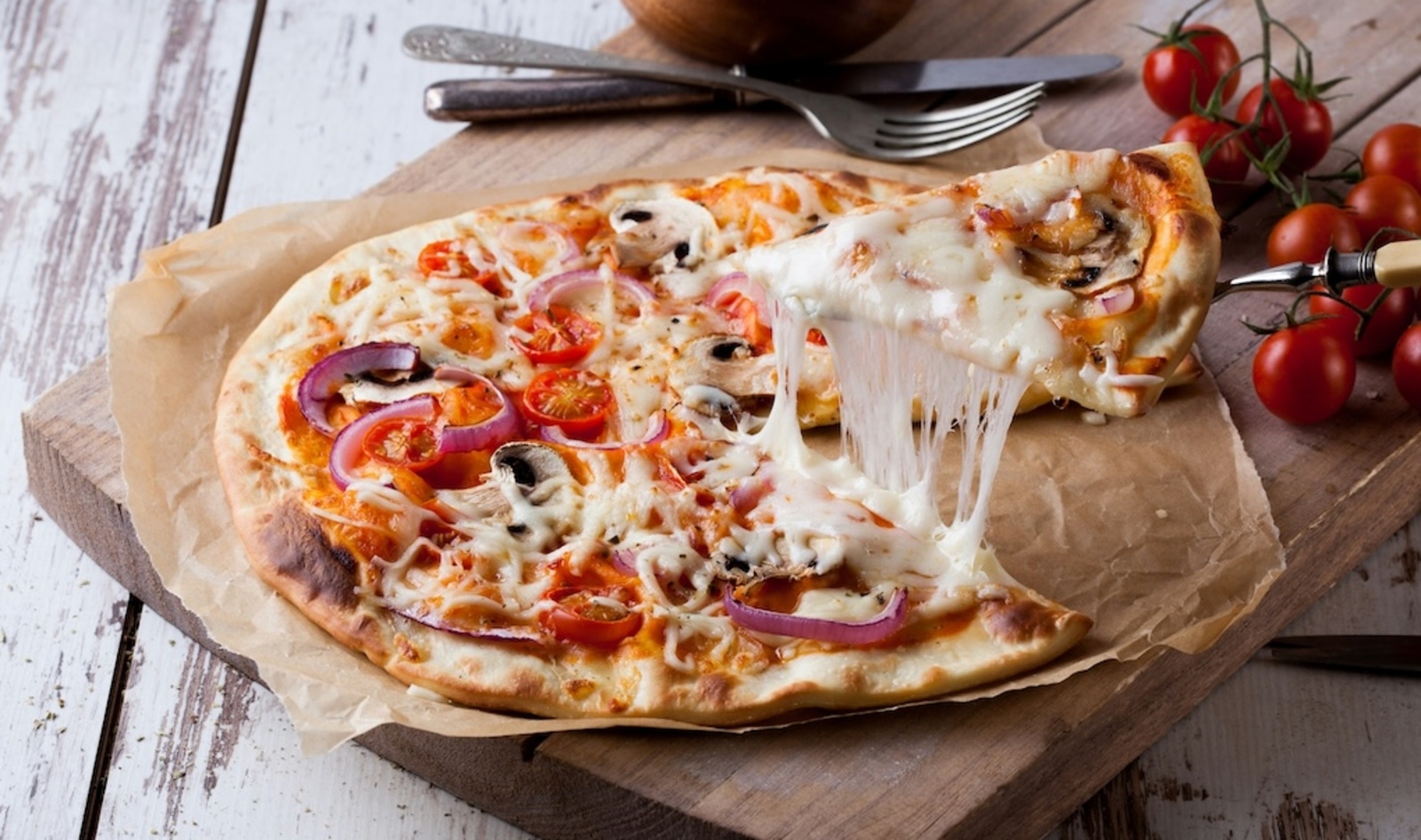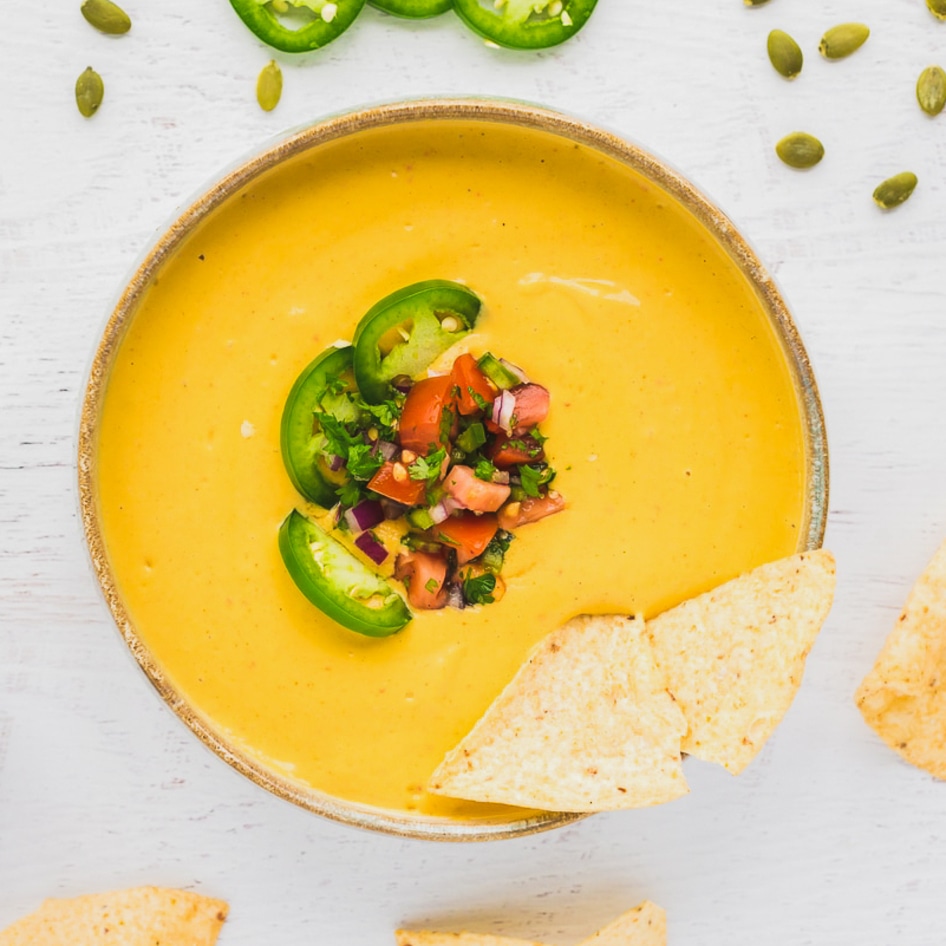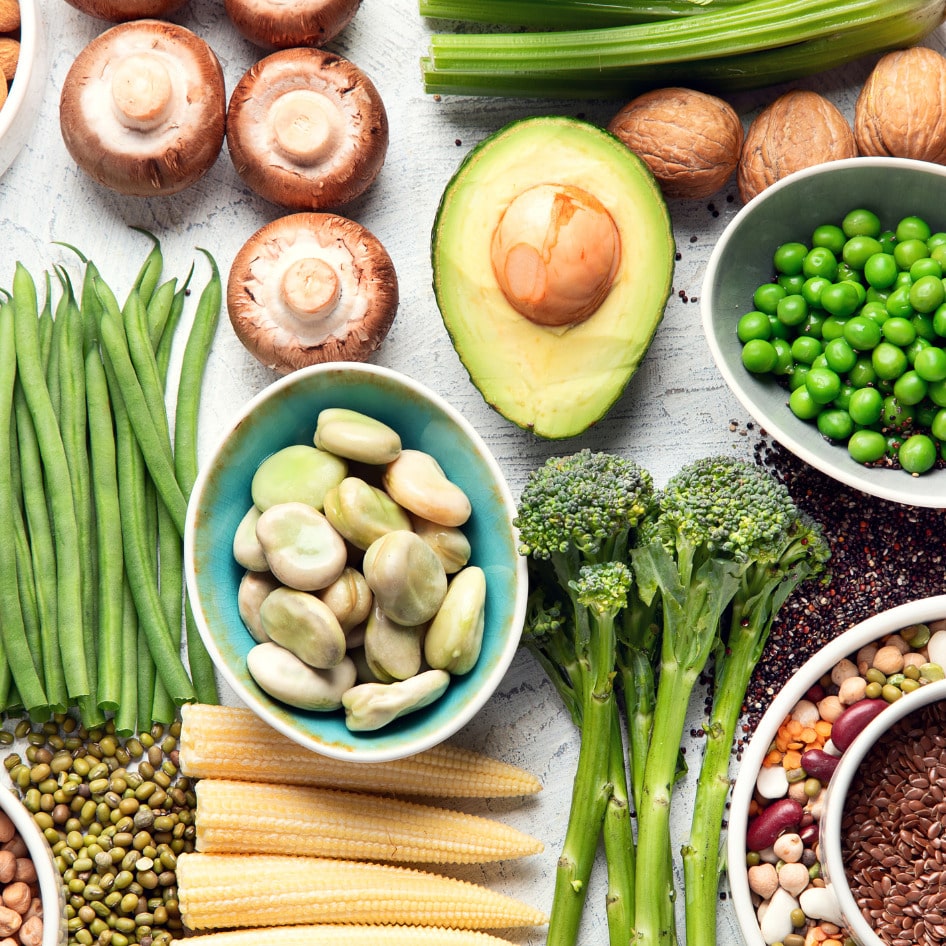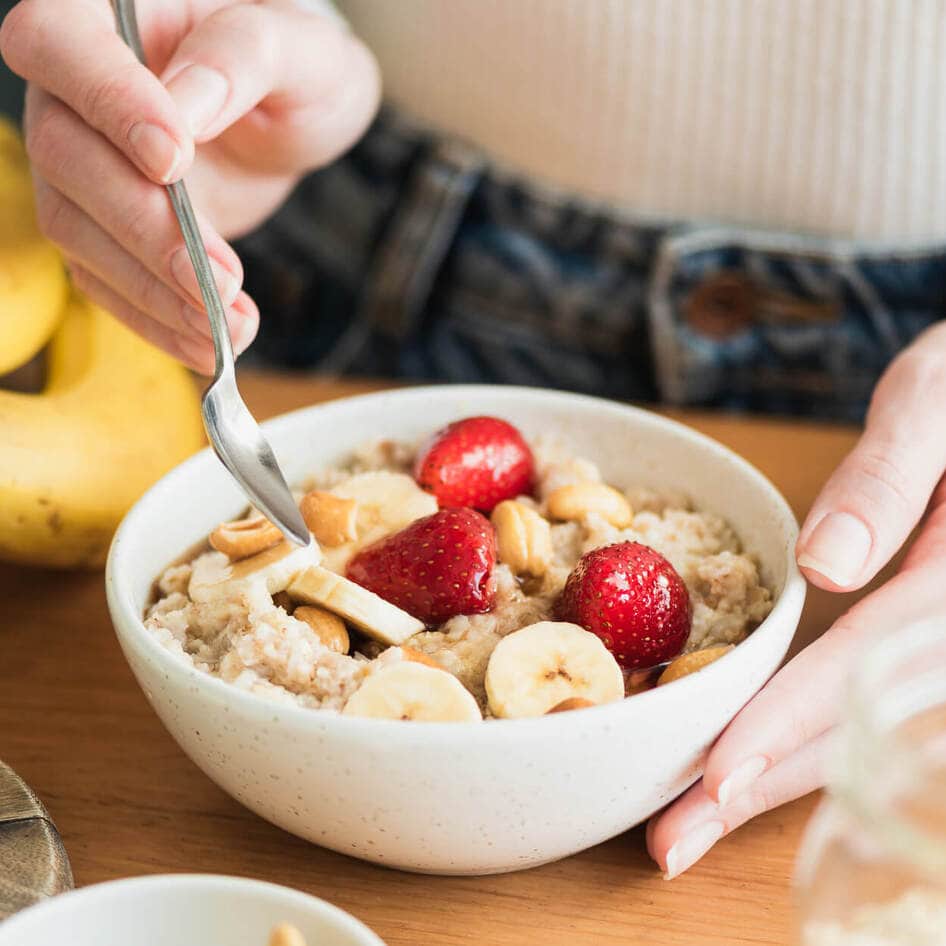Turns out the old myth might be true: eating cheese before bed really can mess with your dreams. A peer-reviewed study published in Frontiers in Psychology found that people who are lactose intolerant were more likely to have nightmares—especially when they ate dairy, like cheese, late in the day.
“Nightmare severity is robustly associated with lactose intolerance and other food allergies,” said Tore Nielsen, lead author of the study and professor at Université de Montréal. “These new findings imply that changing eating habits for people with some food sensitivities could alleviate nightmares. They could also explain why people so often blame dairy for bad dreams!”
 Kenneth Surillo | Pexels
Kenneth Surillo | Pexels
The study looked at more than 1,000 college students and asked them detailed questions about their sleep, eating habits, and any strange dreams they remembered. A clear pattern emerged: the worse the food sensitivity, especially to dairy, the more likely people were to report both nightmares and poor sleep.
Bad dreams and bloated stomachs go hand in hand
About one-third of students surveyed said they regularly experienced nightmares. Women were more likely to report bad sleep, remember their dreams, and say they had food intolerances—almost twice as often as men. While not everyone agreed that food played a role, nearly 40 percent said that late-night snacks or certain ingredients affected their sleep. One in four believed specific foods made it worse.
Dairy, sweets, and spicy foods came up most often when people pointed fingers at their diet. Only about five percent believed the food they ate actually changed the tone of their dreams, but among that group, dairy and sugary treats were the top suspects. Some people blamed cheese specifically, and pizza wasn’t far behind. One in eight participants who connected food to their nightmares mentioned cheese, and almost the same number said pizza gave them bizarre dreams.
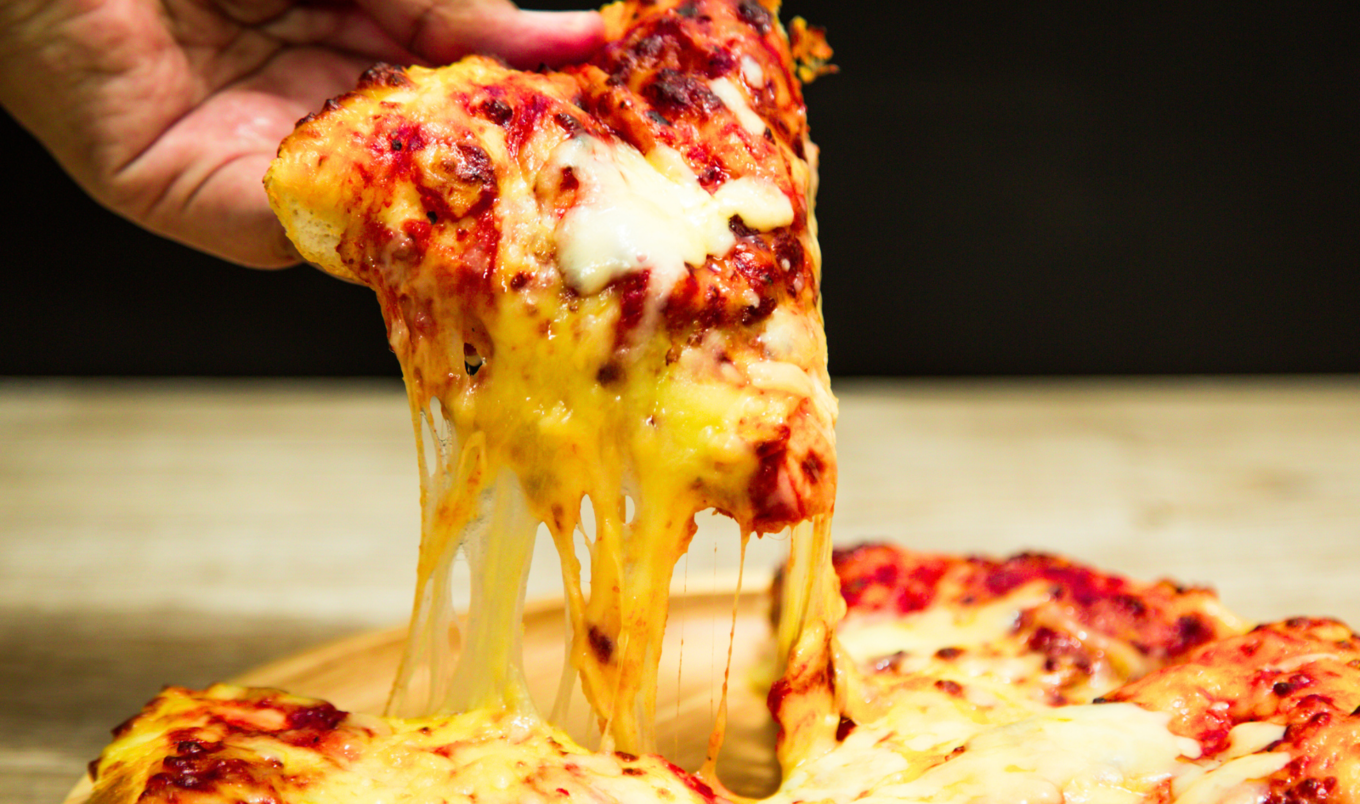 Canva
Canva
Once researchers zoomed in on the participants with food intolerances, they saw a clear connection: people with lactose intolerance were not only more likely to have stomach pain after eating dairy, but that discomfort often showed up in their sleep. Bad dreams, poor rest, and even physical symptoms like gas and bloating were all tied together.
“Nightmares are worse for lactose intolerant people who suffer severe gastrointestinal symptoms and whose sleep is disrupted,” Nielsen explained. “This makes sense, because we know that other bodily sensations can affect dreaming. Nightmares can be very disruptive, especially if they occur often, because they tend to awaken people from sleep in a dysphoric state. They might also produce sleep avoidance behaviors. Both symptoms can rob you of restful sleep.”
So, is the old cheese myth real?
You’ve probably heard someone say, “Don’t eat cheese before bed or you’ll have weird dreams.” That belief has been around for decades. Even in the early 1900s, comic strips like Dream of the Rarebit Fiend joked about cheesy meals triggering wild dreams. But it’s only recently that science has started to catch up.
In 2005, the British Cheese Board funded a small study that claimed different cheeses caused different types of dreams. Blue cheese reportedly triggered strange visions, while cheddar led to dreams about celebrities. Cheshire cheese, on the other hand, supposedly led to dreamless sleep. The study was fun, but it wasn’t peer-reviewed, and scientists didn’t take it very seriously.
 Getty
Getty
In more recent years, researchers have tried to understand if there’s a real reason dairy might affect dreaming. One theory involves a substance called tyramine, which is found in aged cheese and can increase certain brain chemicals. Another theory focuses on how digestion impacts sleep. Cheese is high in fat and protein, both of which take longer to digest. Eating it late at night could mean more stomach activity while you’re trying to rest—especially if you’re lactose intolerant.
It’s also worth noting that people who have uncomfortable or interrupted sleep are more likely to remember dreams in the first place. If you’re waking up a lot, you might catch the tail end of a weird dream and assume the cheese is to blame, even if the real issue is your gut.
What about vegan cheese?
If dairy cheese is the likely culprit behind midnight nightmares, what about the plant-based stuff? Most vegan cheeses are made from nuts, seeds, coconut oil, or starches, and none contain lactose—the sugar in dairy that causes digestive trouble for so many people. That makes a difference.
Because vegan cheese is free from lactose and casein (a milk protein that some people also struggle to digest), it’s much less likely to lead to the bloating or stomach pain that scientists say could be affecting sleep. While the study didn’t test vegan cheese directly, its focus on lactose intolerance suggests that plant-based versions are not likely to trigger the same reaction.
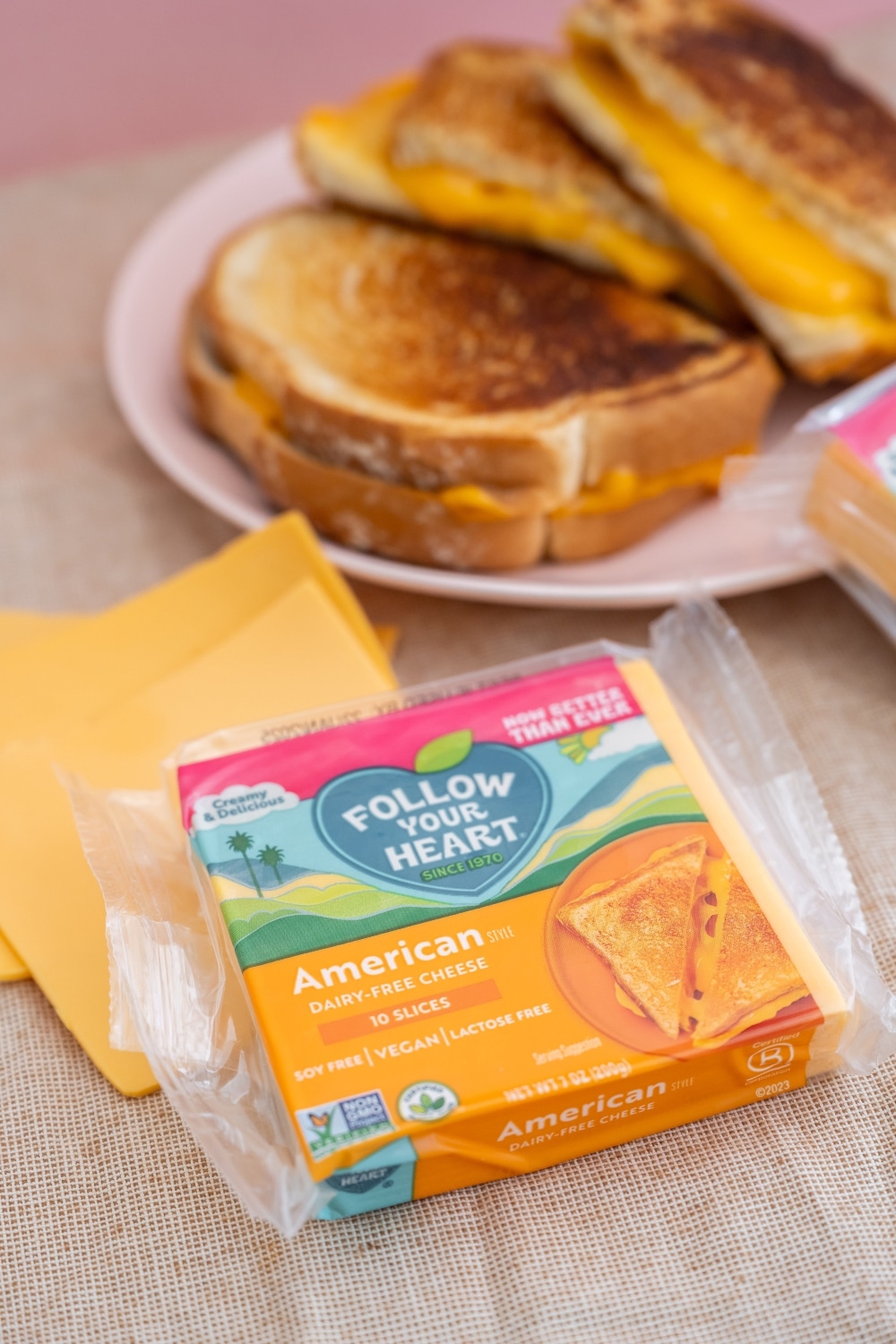
That said, vegan cheese isn’t always a perfect replacement for sleep. Some varieties are high in fat or made with ingredients like tapioca starch, which can still feel heavy if eaten in large amounts right before bed. So if you’re eating half a wheel of cashew brie at 11pm and still waking up restless, it might not be the cheese’s fault—but it could be your timing.
Still, the takeaway is clear: if dairy gives you trouble and you’re trying to sleep better, switching to a plant-based version is a smart move. At the very least, it removes the most likely dream-disrupting factor—lactose—from the equation.
How many people are affected?
In the US, about 65 percent of people are lactose intolerant to some degree. That number jumps even higher among people of color. Meanwhile, up to 30 percent of adults report having nightmares from time to time, and women are far more likely to experience them.
So it’s not a stretch to say there’s some overlap. If you’re part of the majority who struggles to digest dairy, and you’re also dealing with sleep issues, that nighttime mac and cheese could be doing more damage than you realize.
BECOME A VEGNEWS VIP: Get exclusive product deals, freebies, and perks galore!
Nielsen’s study wasn’t the first to explore this idea. Over a decade ago, he and his colleague Russell Powell ran a similar experiment, but more people back then believed that food affected their dreams. Nielsen thinks that’s because more people today are aware of their food intolerances and avoid eating foods that make them feel bad. In other words, better habits might mean fewer food-fueled nightmares.
Still, the science is early. “We need to study more people of different ages, from different walks of life, and with different dietary habits to determine if our results are truly generalizable to the larger population,” Nielsen said. “Experimental studies are also needed to determine if people can truly detect the effects of specific foods on dreams. We would like to run a study in which we ask people to ingest cheese products versus some control food before sleep to see if this alters their sleep or dreams.”
What should you do if dairy gives you bad dreams?
If you’ve noticed a pattern—like waking up after cheese-heavy meals feeling unrested or disturbed—it may be time to listen to your body. Experts suggest avoiding rich or fatty foods like cheese at least two hours before bed. And if you already know you’re lactose intolerant, that should be a no-brainer.
Some people can tolerate small amounts of dairy earlier in the day but not in the evening. Others might need to cut it out altogether. A growing number of plant-based cheese options make that easier, and many are made without the common allergens that trigger digestive symptoms.
 Getty
Getty
If you’re curious whether your dreams are being shaped by what’s on your plate, try keeping a sleep and food journal. Track what you eat in the evening, note any sleep disruptions or strange dreams, and look for patterns.
And if you’re still not sure whether to blame the brie, remember what Nielsen said: “We are routinely asked whether food affects dreaming—especially by journalists on food-centric holidays. Now we have some answers.”
For more plant-based stories like this, read:
JUMP TO ... Latest News | Recipes | Guides | Health | Subscribe

